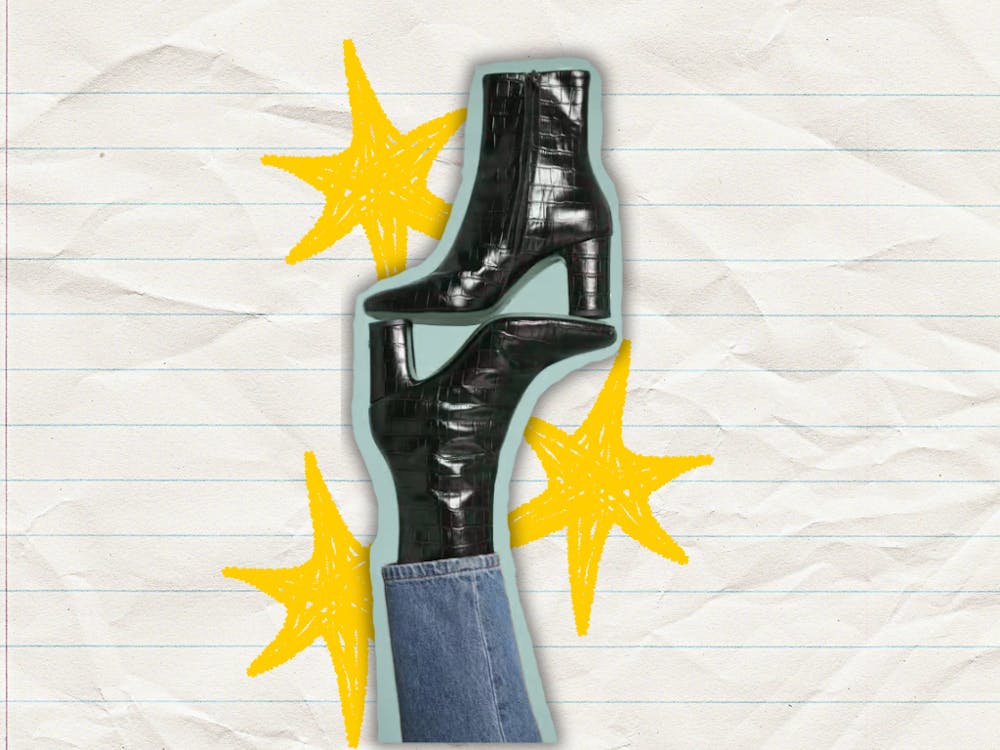Waking up in the bright and early morning, you walk over to your closet to get dressed. Yet, you hate everything that you see. This is common, but what you decide to put on after is what matters.
The outfit you put together is what gets your day started. To some, it’s an inconvenience, while others spend many hours before their class excited to put together their outfit. Regardless of our intent, this is how we transmit messages about what we wear to the public.
According to Science of the People, our clothing sends nonverbal messages to everyone: the power you wield, your influence, how smart you are and how much you earn.
This may be in our subconscious to assume these things about a person, yet I believe we finish those assumptions with how the person behaves. You may never know that the plainly dressed man or woman next to you is a millionaire. It doesn’t matter what brand you are wearing or how expensive an item is, if you don’t wear it with pride, you will showcase more of a negative image than a positive one.
On social media, people who showcase their luxurious fits in top-to-bottom Dior or Chanel will still have people questioning if they actually like their outfit or are just wearing it for the brand. Usually, when people walk around uncomfortably in a designer outfit it can signal that they wanted an effect that the clothing could have given them. Unfortunately, outfits can’t do that on their own.
This goes the other way around too. If you’ve always wanted to wear an outfit that reminds you of someone powerful, like a celebrity or a character from a movie, that makes you empowered.
And there is proof of this behavioral change. According to a study done by Adam and Galinsky, they discovered that if clothing was symbolic to the person wearing it, it would affect their behavior. In their experiment, they had three groups of people wear a lab coat.
The first group was told that they were wearing a painter’s coat, the second a medical doctor’s lab coat and the third were told nothing. The participants engaged in experimental tasks that needed selective attention. It turns out, those who wore the doctor's lab coat outperformed the rest.
The feeling that you are smarter, more attractive or sexier can also be achieved through what you wear. Take another example of the relationship between actors and the costume designers on set.
In an interview with Backstage, Tony-award winning costume designer Clint Ramos said, “A lot of what we do is sociology and psychology. It’s really about trying to figure out how a particular character appears when we catch them in their life, in that particular moment of the play or musical,” Ramos said. “All the clothing choices that we make inform who we are as human beings, what we’re trying to present to the world, what we’re trying to hide.”
Clothing, even if you are into it or not, is something that we all need. What we choose to buy and wear is what makes us, even if we try to deny it. At the end of the day, you should be picking that outfit for yourself and how you want to feel regardless of what anyone thinks.



